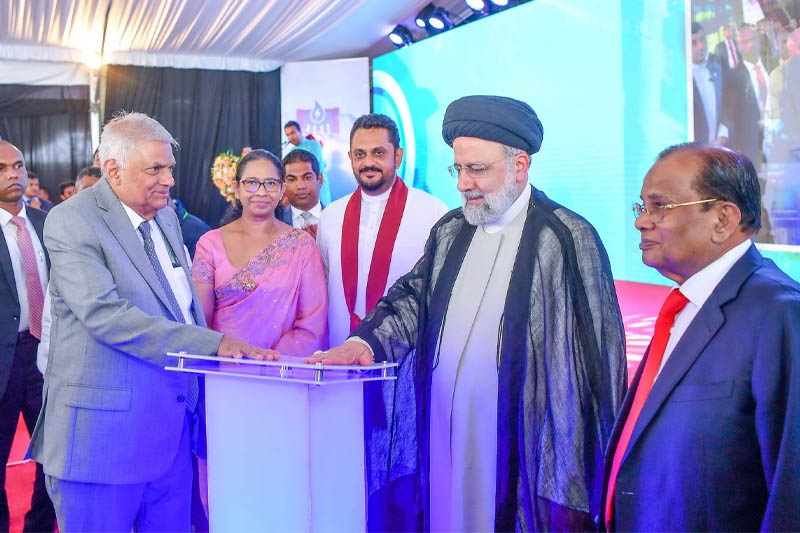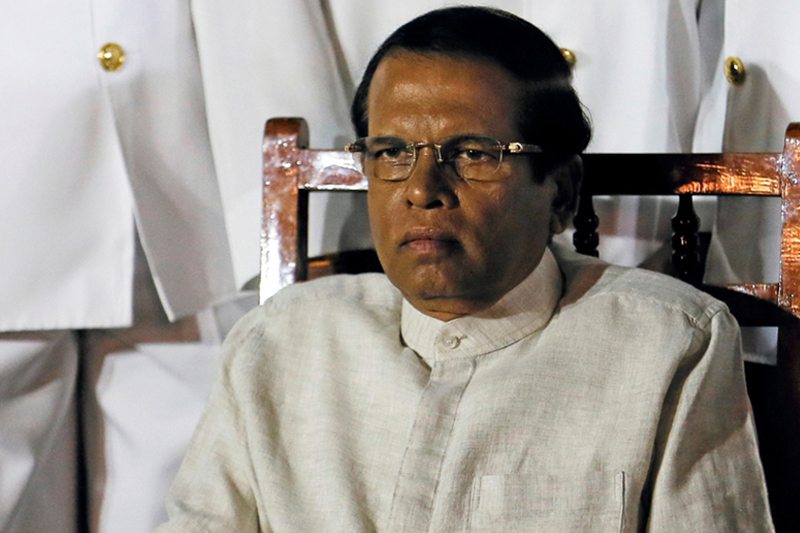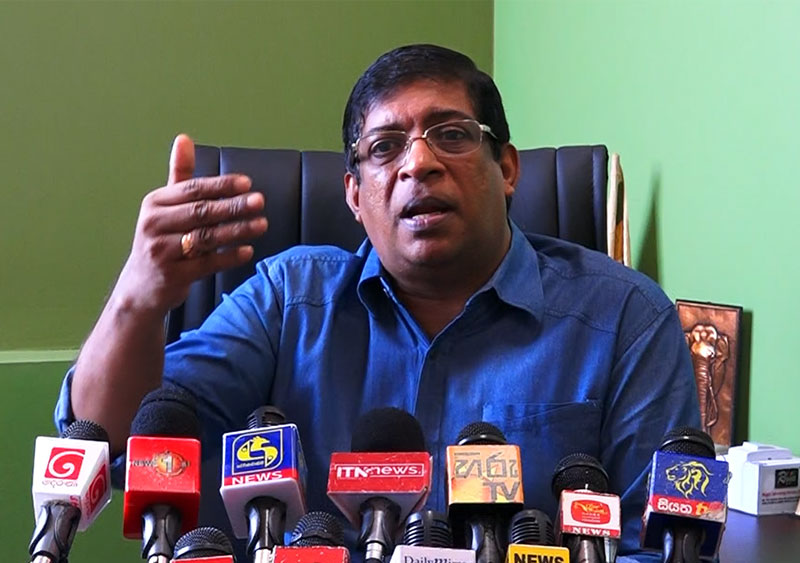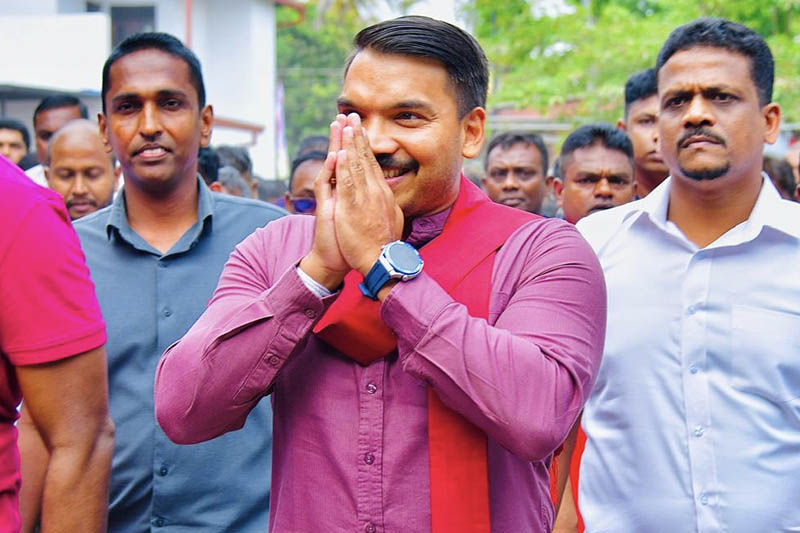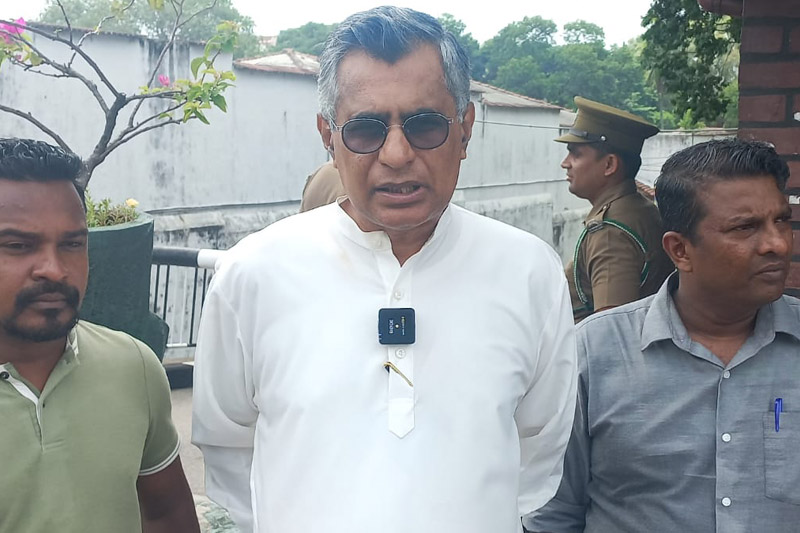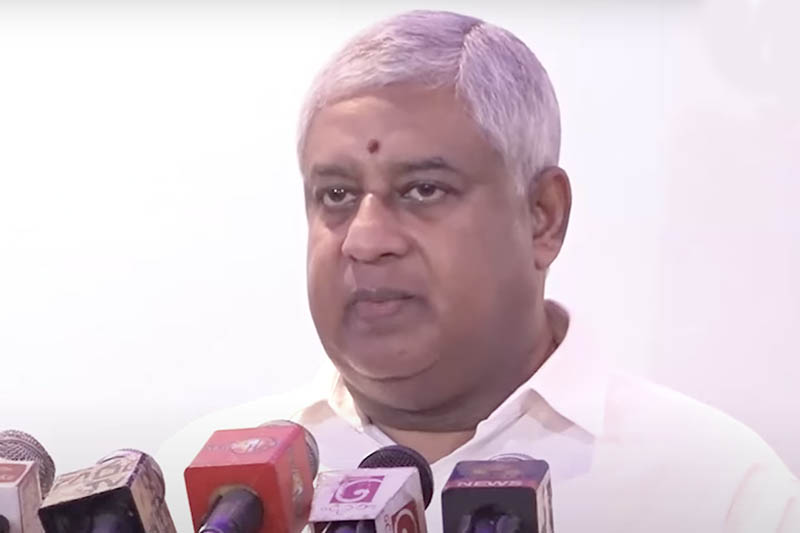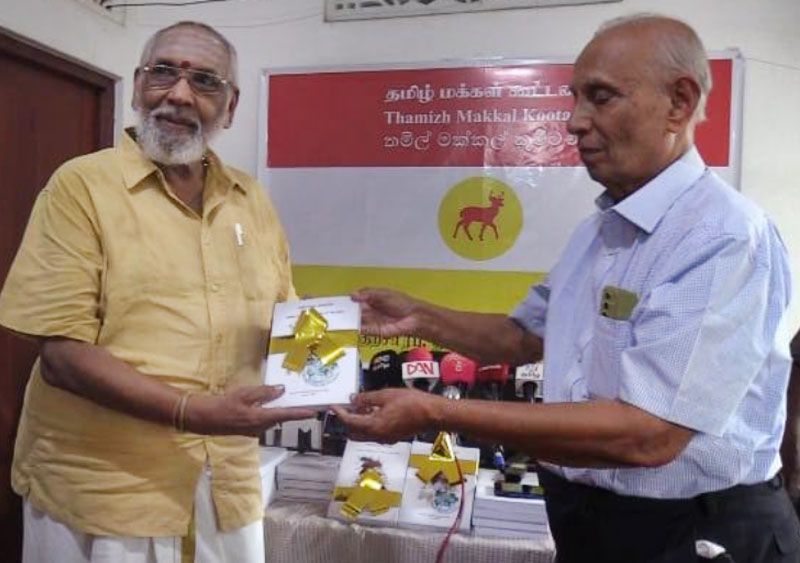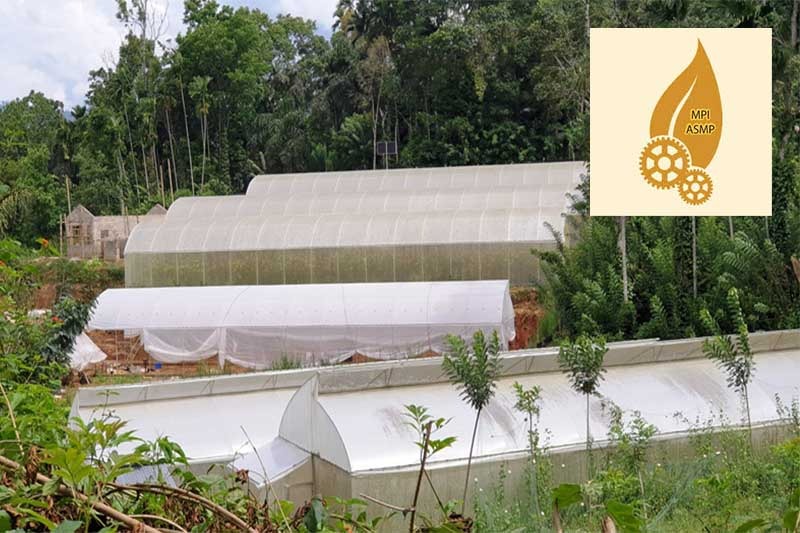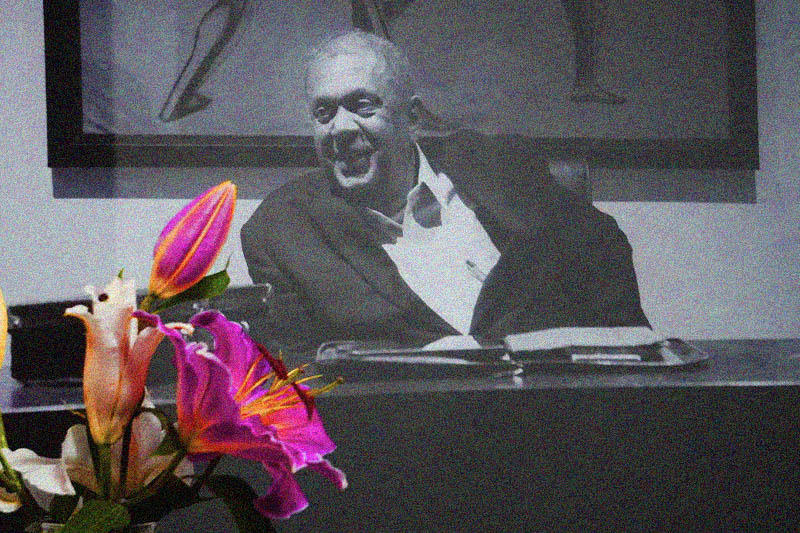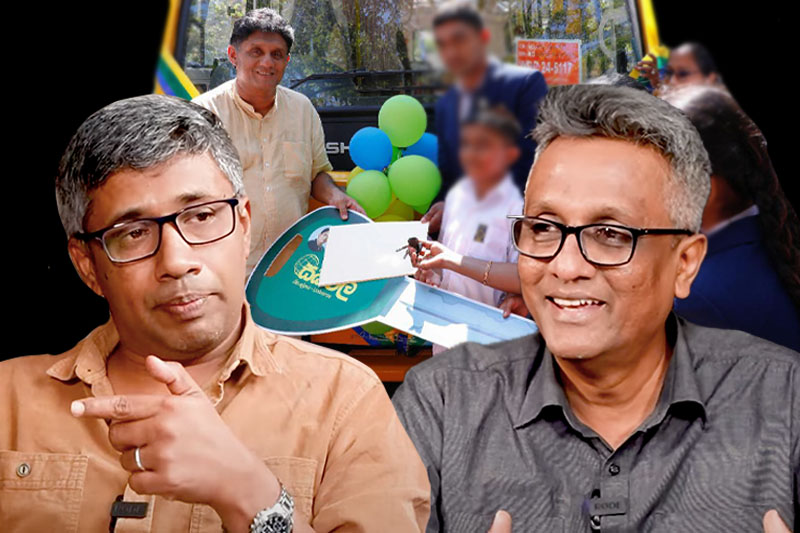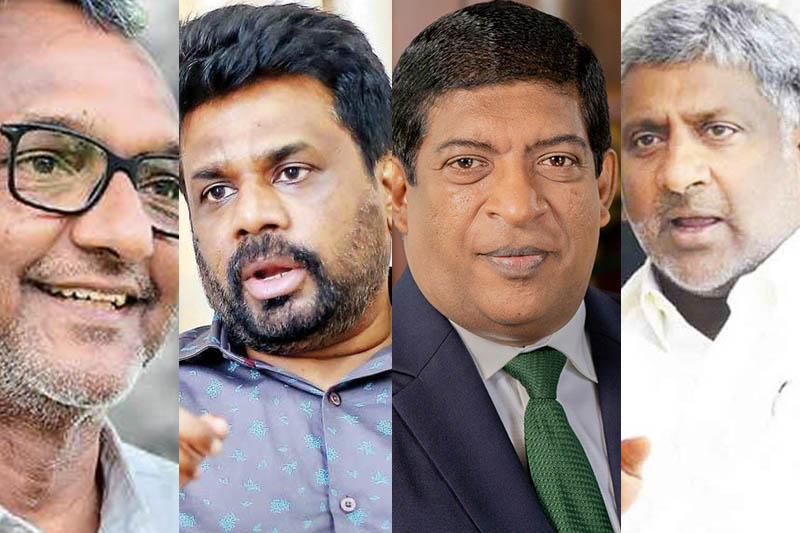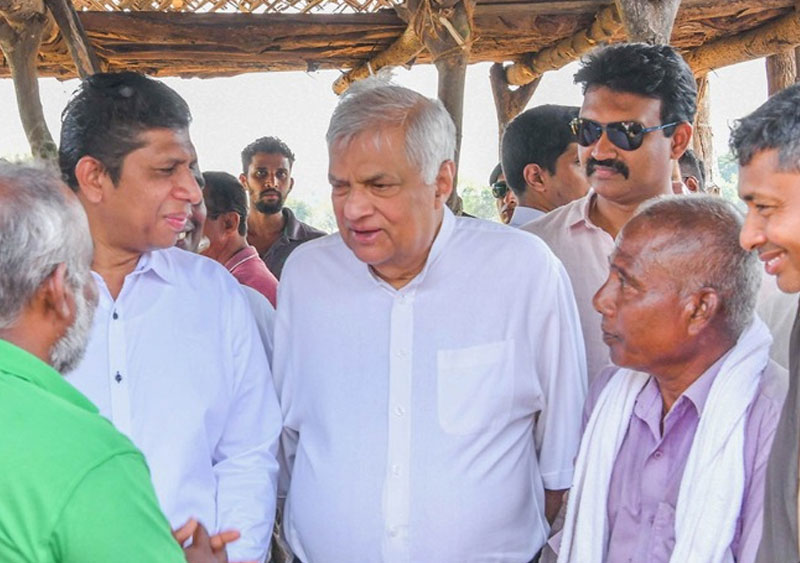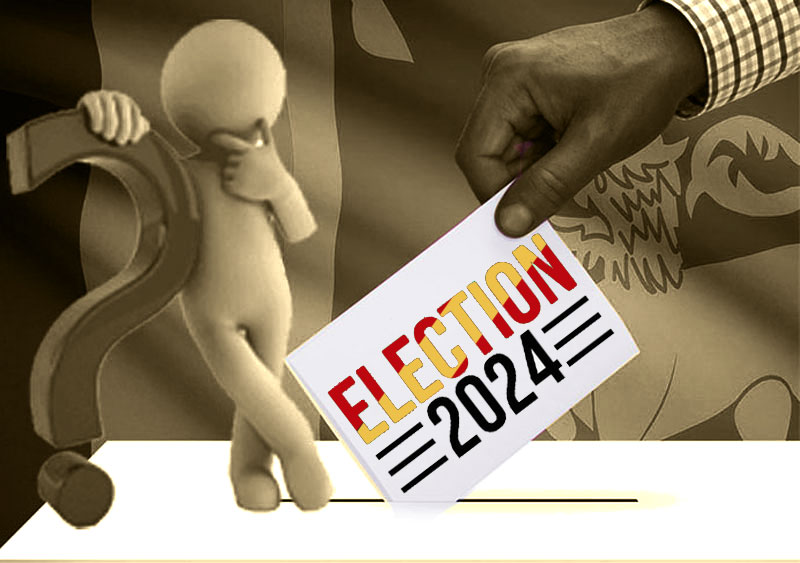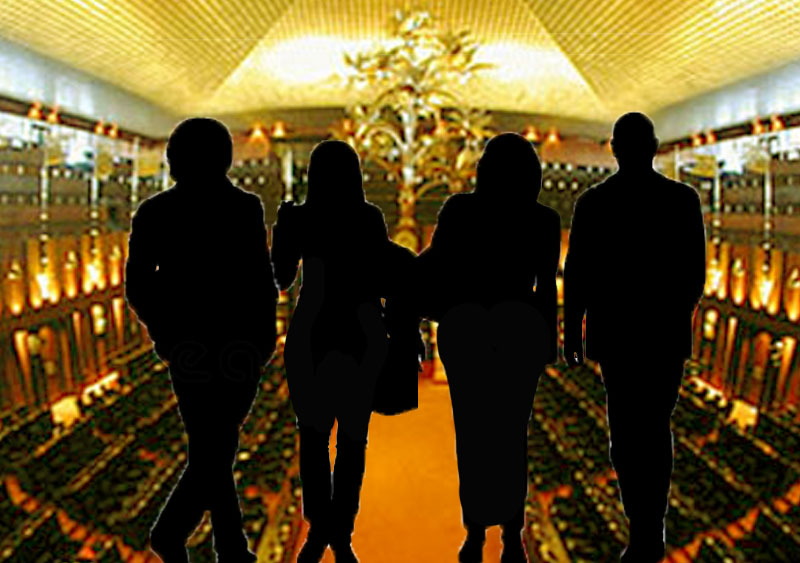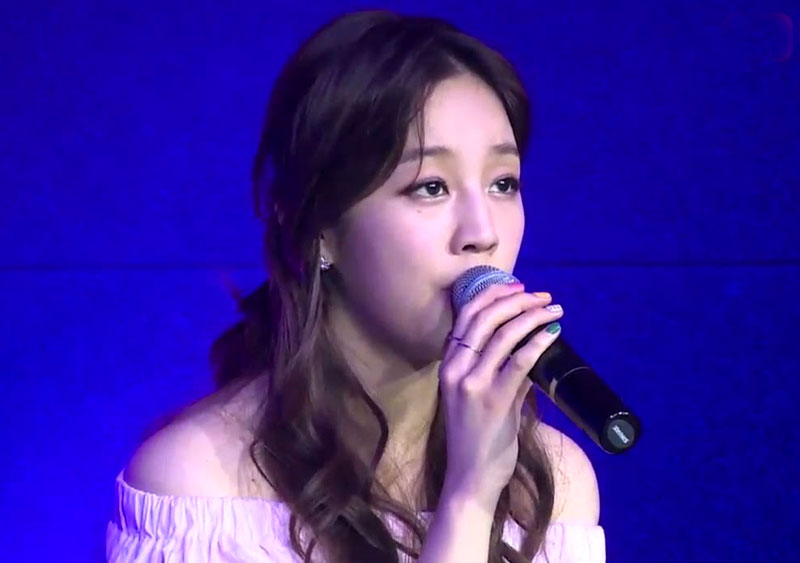Is Anura the only hope for LGBTIQ?
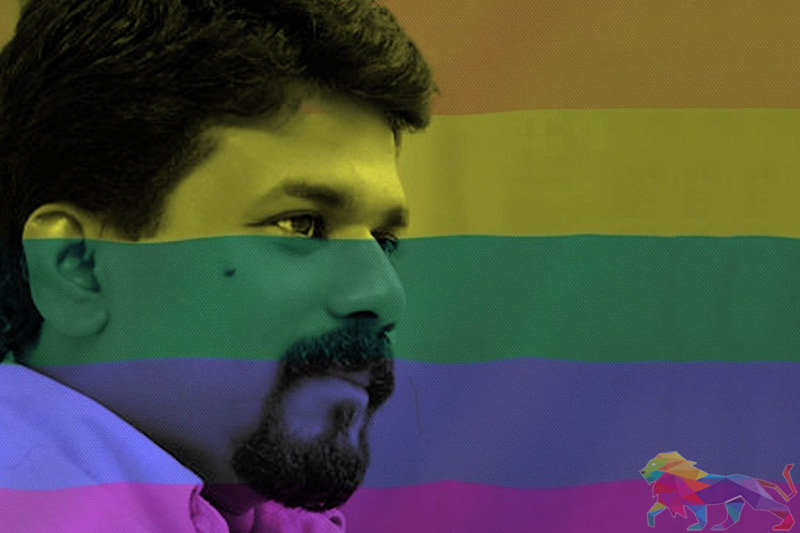
Seasoned politician Anura Kumara Dissanayake (AKD) has been named as the presidential candidate of the National People’s Power (NPP) coalition during a historical rally held at the Galle Face Green in Colombo which was attended by thousands of people from across the country. NPP is a coalition of 28 groups of parties from the left and oppressed communities such as the Samabhimani Collective representing the LGBTIQ community. Naming AKD as its presidential candidate for the forthcoming presidential election was the culmination of prolonged and tedious negotiations between 28 stakeholders in the coalition. Same goes with the name NPP which might be confused with the National People’s Movement (NPM) a coalition led by Sarvodaya.
Declaration of a liberal modernist and centre-left approach
Apart from the massive crowd gathered at the occasion, the speech delivered by AKD at the rally is of key importance. In its real sense, the speech by AKD can be termed as the Galle Face Declaration for two reasons.
First, a careful observation of the speech, would reveal the basic foundation on which the NPP builds its approach for a better Sri Lanka. It highlights individual freedom, freedom of ideas and the elimination of all divisions, thereby building a united Sri Lanka. The declaration is optimistic about a united country that is not divided along the lines of religion, ethnicity, class, caste, gender and sexual orientation. AKD also emphasized that an extreme leader can never ensure the security of the country, it can only be done by building on unity. The strength of the declaration lies in the ability and willingness to cultivate hope among the frustrated, or, rather, Sri Lankan voters who are deeply pessimistic about the nature of the island’s politics.
Second, building on these liberal political values, the need for economic development in partnership with multiple stakeholders, and ensuring the benefits of development goes to every layer of society, was another key message of the speech. Unsurprisingly, AKD did not mention a single word about socialism or welfarism. This is a clear indication that NPP is striving towards a centre-left approach. On the one hand, embracing liberal values and promoting an inclusive economy makes the NPP a modernist centre-left political force in Sri Lanka. This is a much needed political change for a society that has experienced the pitfalls of both capitalist and socialist approaches towards economic development. It allows us to hope for a society with free will and equity, guided by modernist values.
Promoting inclusive image of the country
NPP has endorsed the most radical and modernist cause with regards to the LGBTIQ community. This is the first time a presidential candidate in Sri Lankan history has pledged to abolish discrimination based on gender and sexual orientation. In regards to eliminating discrmination based on gender and sexual orientation, Sri Lanka Freedom Party, headed by President Sirisena, and Sri Lanka Podujana Party (SLPP) both stand as highly conservative and regressive parties with a history of spreading hatred against LGBTIQ communities, thereby strengthening the divisions of society. So called ‘liberal’ United National Party (UNP) has never publicly raised its voice against the discrimination of LGBTIQ communities though many of the party members are known to be queer. Interestingly, the Sarvodaya led National People’s Movement, comprising a number of civil society groups, professionals and organizations, maintains utter silence on the elimination of discrimination faced by the LGBTIQ communities. In fact, the major blow to LGBTIQ communities, who are also citizens and taxpayers, came from President Sirisena’s derogatory ‘Butterfly’ speech made in 2018 in front of key SLPP leaders. In such a context, NPP coming up with a supportive position for eliminating discrimination against LGBTIQ communities is a great way to rectify the public embarassment and harm caused to the image of Sri Lankan society by President Sirisena in 2018. It not only gives hope for a modernist society, but also indicates the willingness of the NPP to accommodate grievances and address the issues of oppressed communities. This is a clear sign of the NPP’s ability in accepting the LGBTIQ community as equal citizens of Sri Lanka.
A democratic political movement
71 years of rule by two major parties has led this country into violent uprisings and turned Sri Lanka into one of the least performing economies in South Asia. The uninterrupted democratic rule of the nation has been disturbed by both parties at different times of our political history. This warrants a democratic force that ensures and fosters the democratic legacy of this island. Janatha Vimukthi Peramuna (JVP) is a party that has transformed itself into the guardians of democracy from a party that once believed in armed insurrections. Under the leadership of AKD, the JVP has now demonstrated its commitment to uphold the democratic nature of the state and ensure the unity of Sri Lankan society. The role played by JVP during the constitutional coup in October 2018 to ensure the restoration of democracy in this country must be duly acknowledged in this regard. They were the prime voice in restoring the people’s will. In addition to that, AKD has also given leadership in bringing issues of transparency and accountability of the current government led by the UNP. The demonstrated ability to uphold democracy makes the NPP the political alternative available for Sri Lankan citizens who want an uncorrupted democratic space, with modernist values.
JVP’s ability to negotiate a broader alliance with other political and civil society groups and the eventual birth of a new democratic alliance in the NPP at Galle Face is a clear sign that there is hope for a better Sri Lanka. As an openly gay academic and activist, I will not just vote for AKD but also work towards materializing those expectations.
-Thiyagaraja Waradas is a lecturer at the University of Colombo and a prominent Queer Rights Activist in Sri Lanka.

